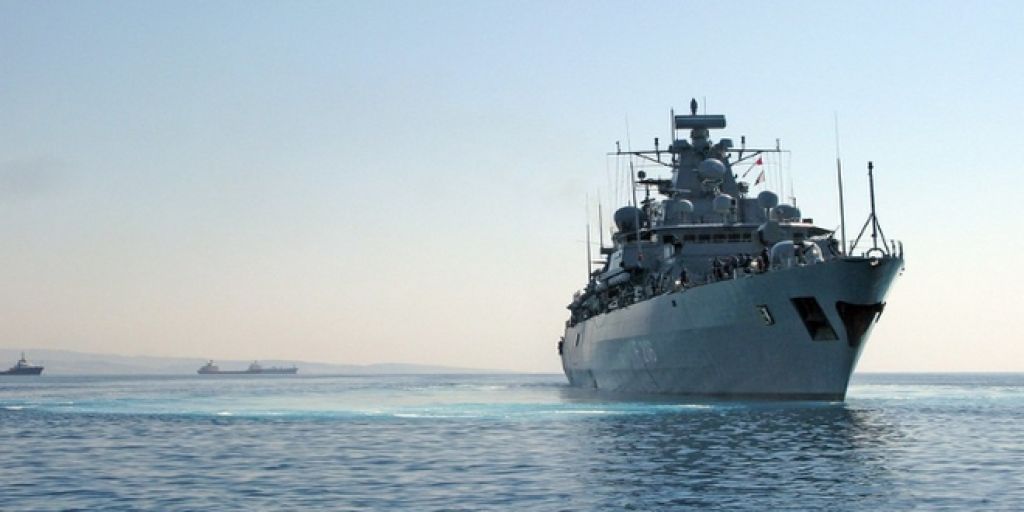The European Council decided yesterday for the first time to launch a military operation to enforce an arms embargo against a third country.
The new operation aims at preventing arms from arriving in Libya and replaces another operation since 2015 which aimed at disrupting the trafficking of migrants.
The operation, named IRINI after the goddess of peace in Greek mythology, will deploy aerial, naval and satellite assets to ensure the implementation of an UN arms embargo off the Libyan coast in the Mediterranean Sea.
When EU foreign policy chief Josep Borrell announced the decision at an on-line press briefing on Tuesday (31 March), the contribution of EU member states to the deployment of forces was not yet clear and would be decided later on in the afternoon.
“Diplomacy cannot succeed unless it is backed by action. The UN arms embargo on Libya needs to be effectively enforced. This is essential for a permanent ceasefire. And with this operation the EU will play its part,” he said. “Launching IRINI is a strong signal of the EU’s commitment to support the Berlin process, restore stability in Libya and bring peace to its population.”
The Berlin process refers to international efforts, starting with a conference in Berlin last September. to bring about peace in Libya.
Borrell was satisfied with the decision although it took about six weeks for the EU member states to agree on launching the operation since the Foreign Affairs Council decided (17 February) to end the EU-funded sea rescue operation Sophia in the Mediterranean Sea and replace it by an arms embargo operation.
According to Borrell, the decision to launch the operation will contribute to cease-fire and ultimately a political peace solution in Libya and could be seen as good news in the middle of the coronavirus crisis. However, he admitted that the IRINI operation is only part of the solution, not the Solution, to the civil war in Libya.
It will not prevent arms from reaching Libya via its land borders or foreign soldiers from Turkey and other countries to arrive in the country. “We have to do what we can,” he said.
Borrell was clear about the main task of IRINA – to enforce the arms embargo. Disrupting trafficking of migrants or rescuing migrants at sea are secondary tasks. IRINI will be led by an Italian rear admiral and its headquarters will be located in Rome. EU will continue capacity building and training of the Libyan Coast Guard and Navy in law enforcement tasks at sea.
Fighting was recently resumed in Libya. The country is a failed state, controlled by fighting militias and divided between an UN-backed Government of National Accord in Tripoli and a Libyan National Army in Tobruk, each side supported of other countries, involving both EU member states (France) and candidate countries (Turkey).
Furthermore, Libya is considered unsafe by the UN and NGOs, but not by the EU, which has been returning illegal migrants to the country. In recent years, rescue operations at sea have gradually been outsourced to the Libyan Coast Guard, trained and funded by the EU.
A recent legal study by the Heinrich Böll Foundation claimed that EU member states, in particular Italy, are violating the international law of the sea by returning, directly or indirectly, illegal migrants in distress in the Mediterranean Sea to Libya and other countries in North Africa that cannot be considered as places of safety.
M. Apelblat
The Brussels Times

